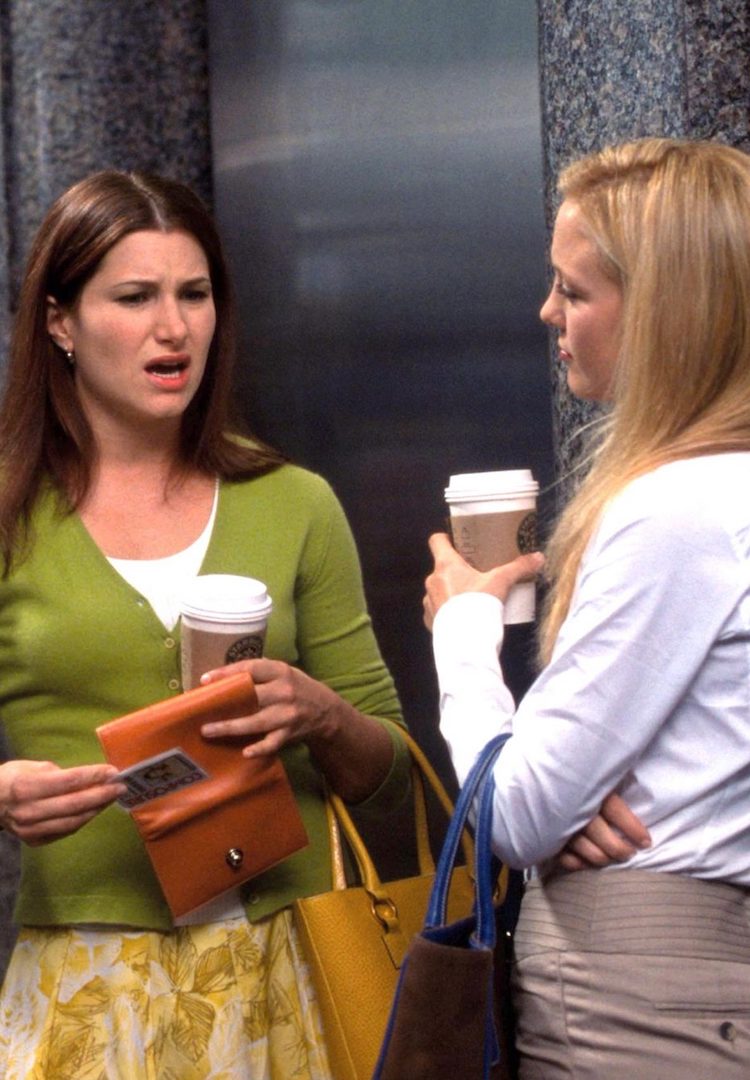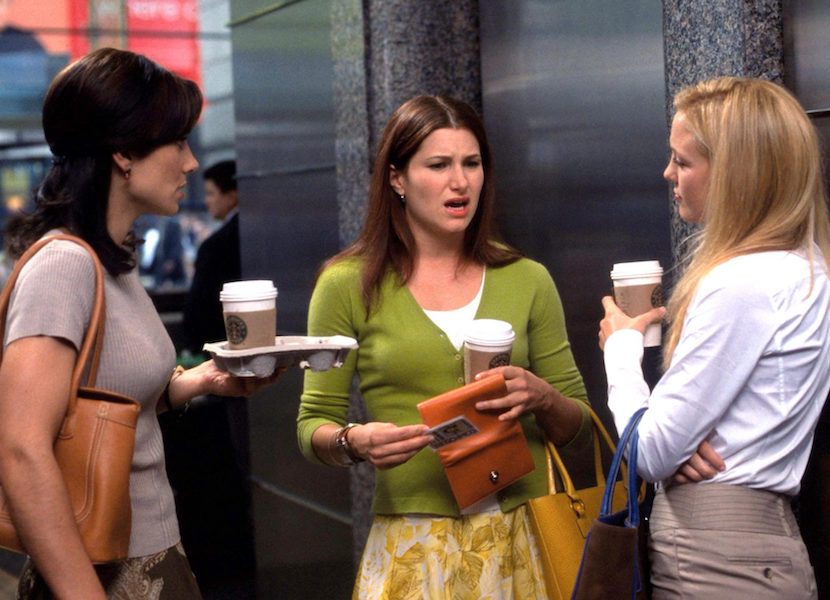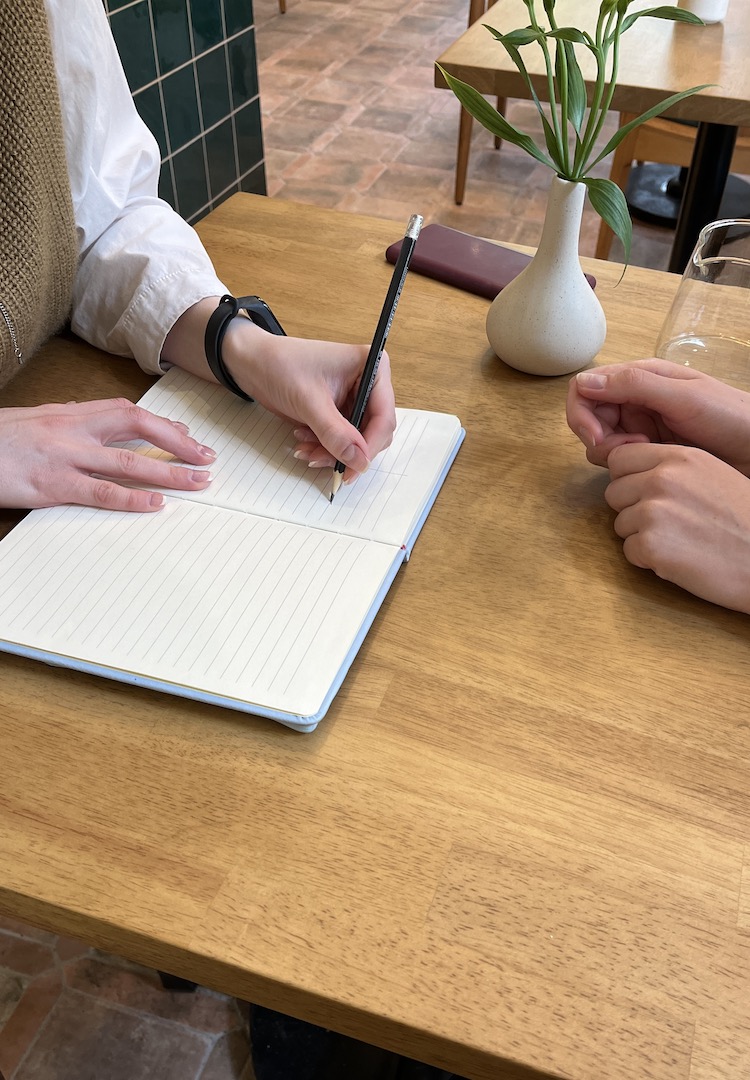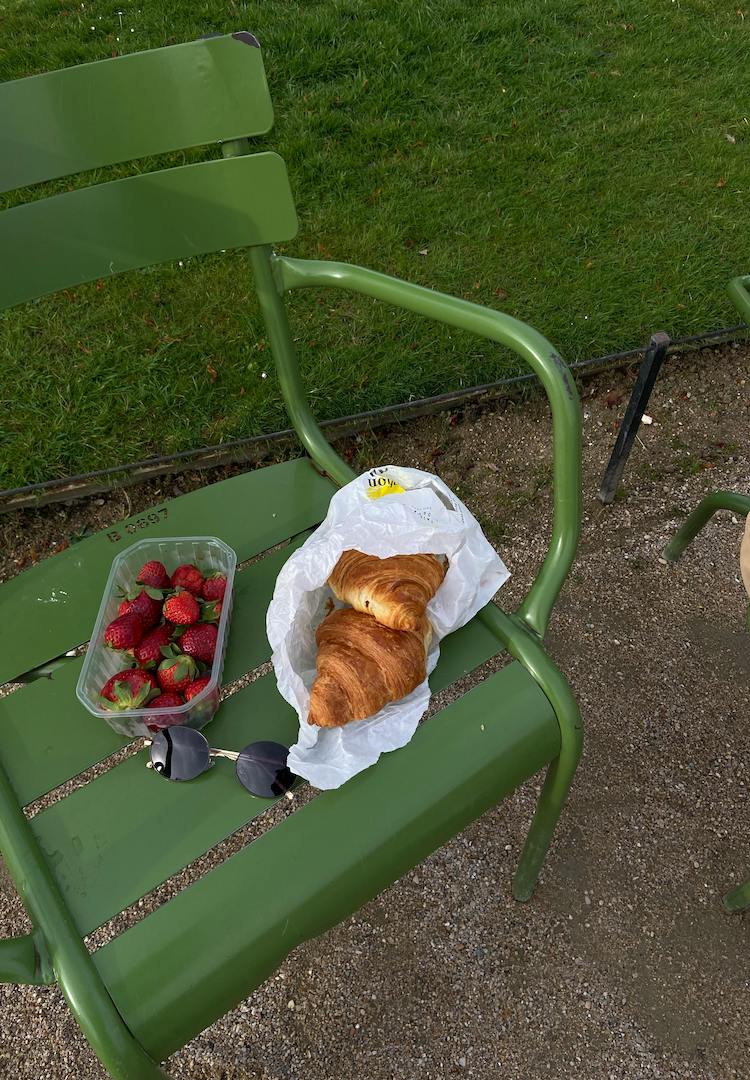How to build a financial safety net in uncertain times
WORDS BY LACEY FILIPICH
If you’re smart with your money now, you might come out better off on the other side.
Most Australians under 35 can’t remember what a recession is like because we haven’t had one in over a quarter of a century. That’s a world record. Developed economies typically experience a recession every five to eight years. We’ve dodged the downturn bullet for three times longer than history suggests is ‘normal’.
We may have heard our parents lament their 1980’s mortgage rates being comparable to today’s credit card interest charges. But we were mere babes or just a twinkle in Mum’s eye when our parents were battling to keep hold of their homes around the time of the 1990 ‘recession we had to have’.
The stories of wartime rationing our parents heard on the knees of our grandparents are so far gone in sepia-toned recollection as to seem like a myth. In other words, widespread economic distress was a distant memory. Until now.
Today you’ll see debates in the media on whether this will ‘just’ be a vanilla recession of six to 12 months, or a full-blown depression lasting many years. Or maybe it’ll fall somewhere in between. (I don’t know which it’ll be, my crystal ball appears to be broken.)
Projections put unemployment figures at two to three times the 2019 rate. But they’re not exactly robust numbers – we don’t have a tested model for the scale of disruption that locking down our planet causes.
Despite not having experienced recession (yet), young people were already carrying significant financial strain into the 2020s. The gig economy and workforce casualisation mean income security is declining, while a tertiary education has never been more expensive. We’re priced out of housing markets in our most populated cities. It’s stressful, and it’s already wearing on our psyche.
The government’s scramble to avert complete economic disaster with hundreds of billions in handouts may be comforting, but it’s today’s youth that will spend their working lives paying the debts we’ve accrued as a nation – thank you, income tax.
If that bleak picture has you panicking, I have some excellent news for you: this could be the financial making of young people. Assets – shares and property for example – are on sale right now. If the recession turns out to be ‘U-shaped’ as is increasingly expected, those prices aren’t likely to rebound to Feb 2020 heights with speed.
This doesn’t mean young people need to take risks. Quite the opposite, in fact. They can choose sensible, even conservative, investing strategies because they have time on their side – time in which their investments can compound up impressively.
Time is something baby boomers do not have. For once, Gen Z and millennials may find themselves the economic envy of Australia’s retirees. But it’s not a fait accompli. To ensure young people are well-positioned to take advantage of asset discounts that would make coupon-clippers swoon, they’ll need to have their backsides covered. Here’s your immediate to-do list, so you can be in a prime position to buy assets when you’re ready.
Find out what help you’re entitled to and get it quickly
The federal government is throwing cash around like Oprah Winfrey gives away cars. That happened once, in 2004, and it’s never happened again. Don’t be the person who missed out because you didn’t apply when you could, or didn’t fill out the paperwork.
And please, don’t take the word of Julie on Facebook, the yoga-instructor-turned-financial-advisor-last-week, as to what you’re entitled to. Find out for yourself, from the source or a trusted professional, preferably an independent one. MoneySmart’s COVID-19 page is a wonderful starting point to find out what’s available.
Build that buffer fund
Consumer debt will dash any dreams of financial security you hold. The best way to avoid debt is to build a cushion of cash in savings to cover income shortfalls. That way, you don’t need to turn to credit cards, personal loans or payday lenders to fill the gap.
You’ll build that buffer quicker if you…
Cut all non-essential costs. Yes, we all want the local coffee shop to be there when we’re not grounded by our government anymore. But leave supporting them to the people with confidence in their wages. If that’s not you, it’s time to make like a small rodent and squirrel away as much as you can.
Subscriptions and memberships are quick wins. Negotiating cheaper deals on anything that’s a regular outgoing – power, gas, rent and the like – is another fast option. No-regrets cancellations that you’re not using in lockdown – for example, comprehensive insurance on your car that’s safely locked in your garage – might be another way to save, though make sure to consider downside risks.
Avoid debt as much as humanly possible
If you’re used to using future money to buy things now – which is what AfterPay, credit cards and other similar instruments allow you to do – it might feel like deprivation to stop. But if you can get by with what you have and not spend more than you earn or are given by the government, future you will be grateful.
One day, the economy will improve. You’ll earn more, and you’ll feel like you can ramp up your spending again. That’s also your cue to consider buying those discounted investments, by the way.
But if you’re saddled with debt, you’ll struggle to start investing. Debt means paying more than the sticker price, and it means dialing back your future quality of life options. Treat it as a last resort.
Lacey is the author of Money School, $29.99, available here from Penguin Life.













